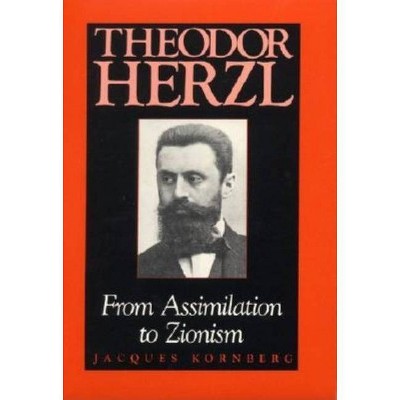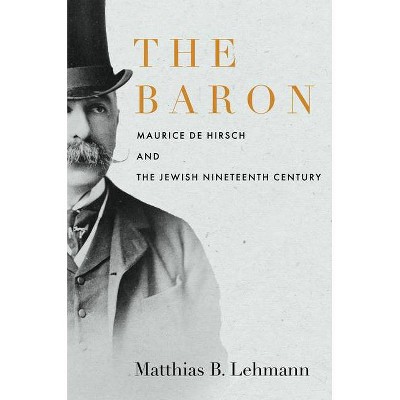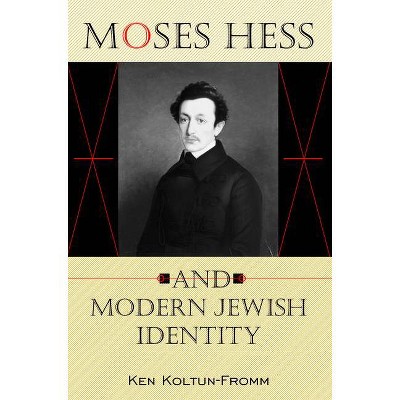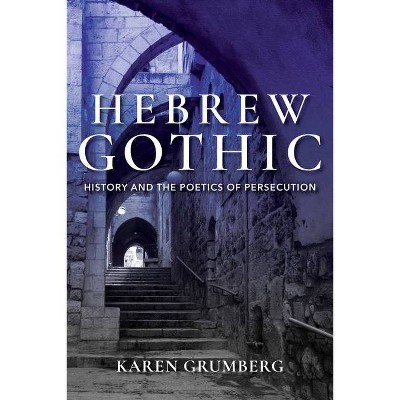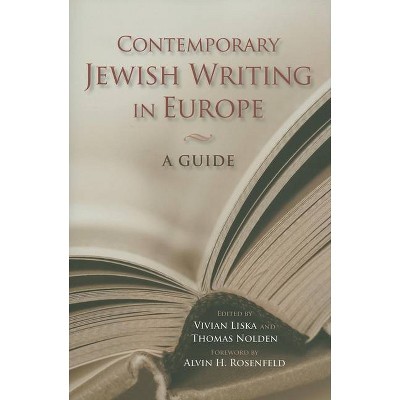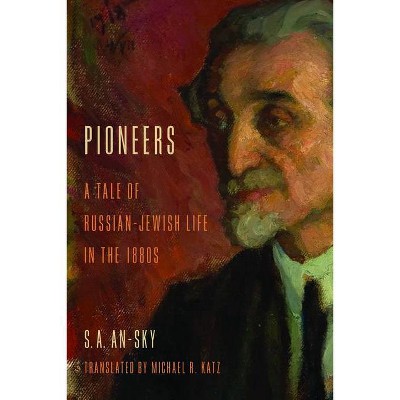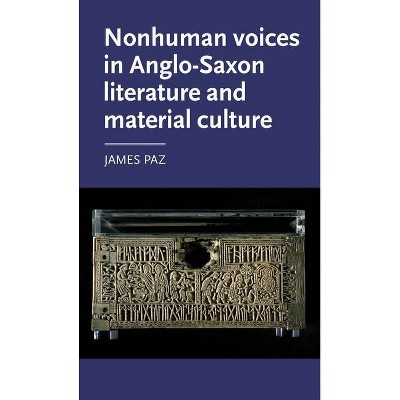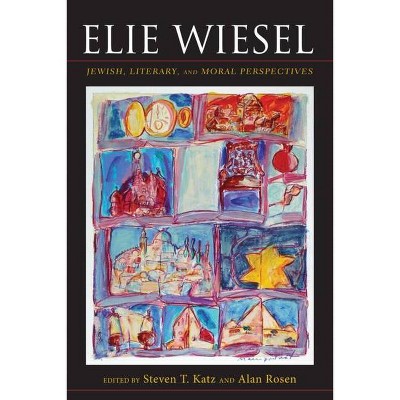Ladino Rabbinic Literature and Ottoman Sephardic Culture - (Jewish Literature and Culture) by Matthias B Lehmann (Hardcover)
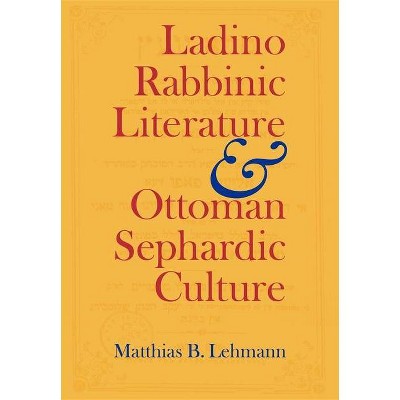
Similar Products
Products of same category from the store
AllProduct info
<p/><br></br><p><b> About the Book </b></p></br></br>Ladino Rabbinic Literature and Ottoman Sephardic Culture will be welcomed by scholars of Sephardic as well as European Jewish history, culture, and religion.<p/><br></br><p><b> Book Synopsis </b></p></br></br>In this pathbreaking book, Matthias B. Lehmann explores Ottoman Sephardic culture in an era of change through a close study of popularized rabbinic texts written in Ladino, the vernacular language of the Ottoman Jews. This vernacular literature, standing at the crossroads of rabbinic elite and popular cultures and of Hebrew and Ladino discourses, sheds valuable light on the modernization of Sephardic Jewry in the Eastern Mediterranean in the 19th century. By helping to form a Ladino reading public and imparting shape to its values, the authors of this literature negotiated between perpetuating rabbinic tradition and addressing the challenges of modernity. The book offers close readings of works that examine issues such as social inequality, exile and diaspora, gender, secularization, and the clash between scientific and rabbinic knowledge. Ladino Rabbinic Literature and Ottoman Sephardic Culture will be welcomed by scholars of Sephardic as well as European Jewish history, culture, and religion.<p/><br></br><p><b> Review Quotes </b></p></br></br><br><p>. . . an incisive examination of rabbinic authors and their readers that highlights the importance of vernacular musar literature as a valuable and underutilized resource for the reconstruction of Ottoman Jewish culture. . . . [T]his book is a welcome addition to the burgeoning field of Sephardic and Mizrahi studies, and it should appeal to anyone interested in the interplay between religion and culture in the modern world.</p>-- "AJS Review"<br><br><p>. . . [a] detailed and profound study . . . . Lehman's book is an important comtribution to the study of Ottoman Jewry as well as of Middle Eastern social and cultural history in general.Vol. 40 2008</p>--Rachel Simon "Princeton University Library"<br><br><p>Lehmann's book is clear and didactic, containing ... some eye-opening conclusions.April 2011</p>-- "American Historical Review"<br><br><p>Scholars of the late Ottoman Empire and the modern Middle East more generally will undoubtedly find within this work a number of striking parallels between the responses of other individuals and groups to the growing Western influence in the region and those of the vernacular rabbis portrayed in Lehmann's study. The unexpected consequences precipitated by these rabbis' attempts to preserve their religious universe in the face of change similarly offer fruitful points of comparison. Ladino Rabbinic Literature and Ottoman Sephardic Culture will therefore also be welcomed by scholars interested in broader debates about the role religion played in the emergence of modernity and about the various ways that religious thinkers became modern, even despite themselves.March 2010</p>--Julia Phillips Cohen "Vanderbilt University"<br><p/><br></br><p><b> About the Author </b></p></br></br><p>Matthias B. Lehmann is Assistant Professor of Jewish Studies and History at Indiana University.</p>
Price History
Price Archive shows prices from various stores, lets you see history and find the cheapest. There is no actual sale on the website. For all support, inquiry and suggestion messagescommunication@pricearchive.us
